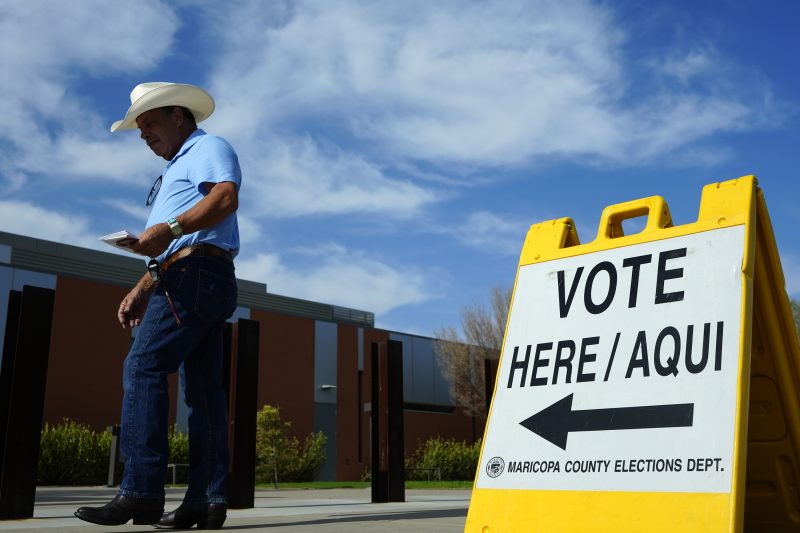In a recent decision, Arizona’s top court ruled that voters who were missing proof of citizenship can still receive full ballots. This ruling follows a legal battle over the state’s requirement for voters to show proof of citizenship in order to receive a full ballot.
The issue arose when a group of voters challenged the state’s proof of citizenship requirement, arguing that it disenfranchised certain voters who lacked the necessary documentation. The group contended that these voters were being unfairly denied the right to vote in state and local elections.
In response to the legal challenge, Arizona’s Supreme Court issued a decision stating that voters who are missing proof of citizenship can still receive full ballots. The court’s ruling emphasized the importance of protecting the right to vote and ensuring that all eligible voters have the opportunity to participate in the electoral process.
This decision has significant implications for voting rights in Arizona and beyond. By allowing voters without proof of citizenship to receive full ballots, the court has taken a crucial step towards ensuring that all eligible voters can exercise their right to vote.
Critics of the court’s decision argue that it could open the door to voter fraud and undermine the integrity of the electoral process. They contend that requiring proof of citizenship is a necessary safeguard to prevent non-citizens from voting illegally.
On the other hand, supporters of the court’s ruling applaud it as a victory for voting rights and democracy. They argue that the proof of citizenship requirement unfairly targets certain groups of voters, such as naturalized citizens and individuals born outside the United States.
Ultimately, the decision by Arizona’s top court to allow voters missing citizenship proof to receive full ballots highlights the ongoing debate over voting rights and voter participation. As states across the country grapple with issues of voter access and election integrity, this ruling serves as a reminder of the importance of protecting the fundamental right to vote for all eligible citizens.
